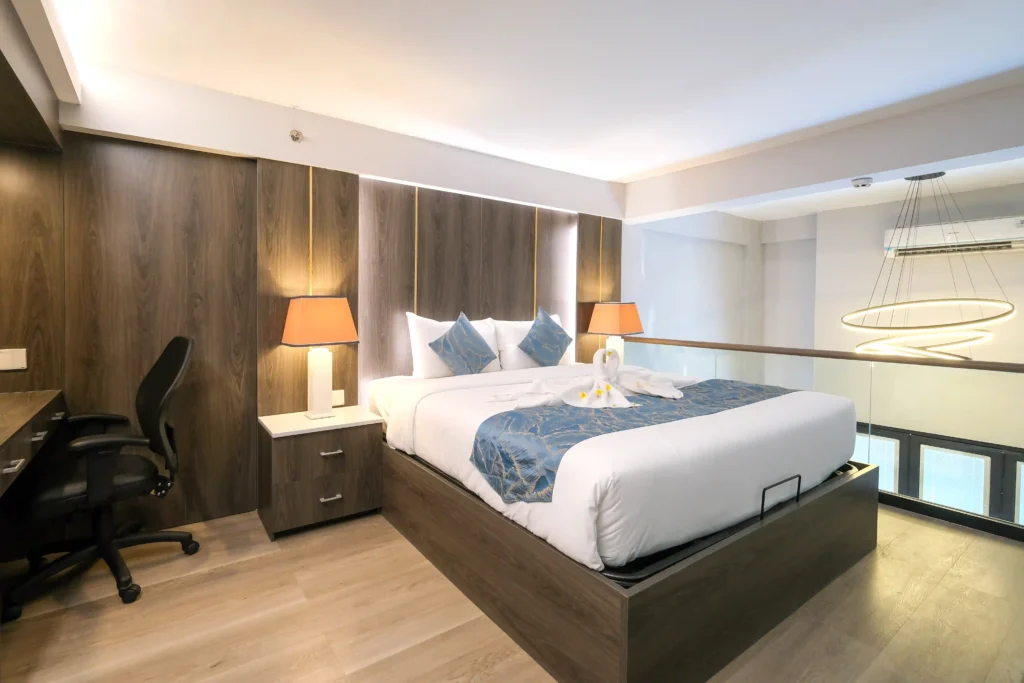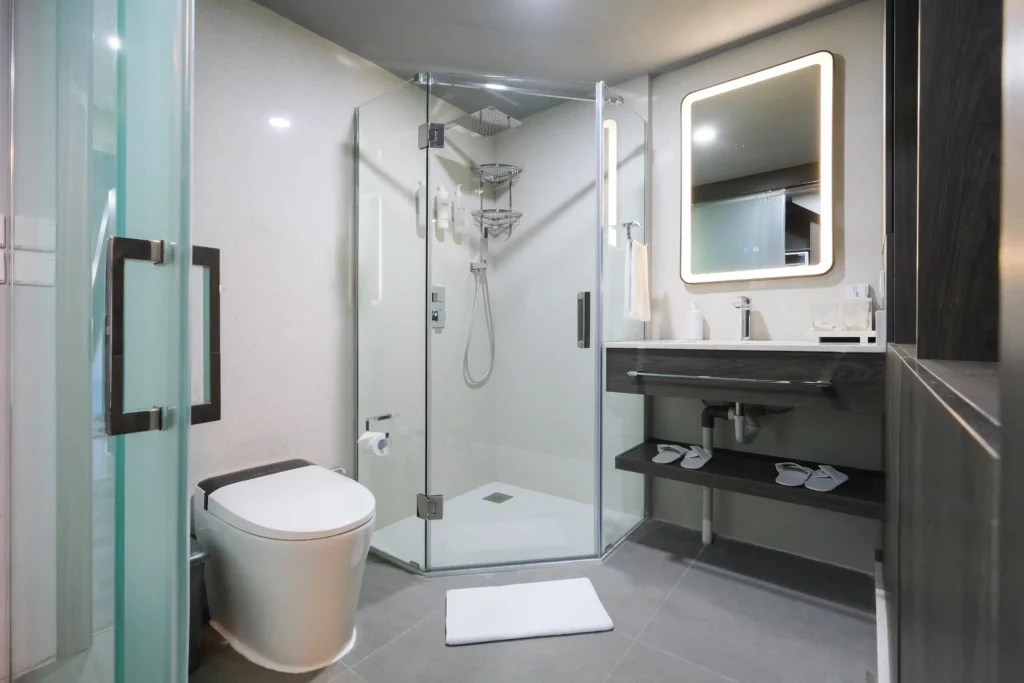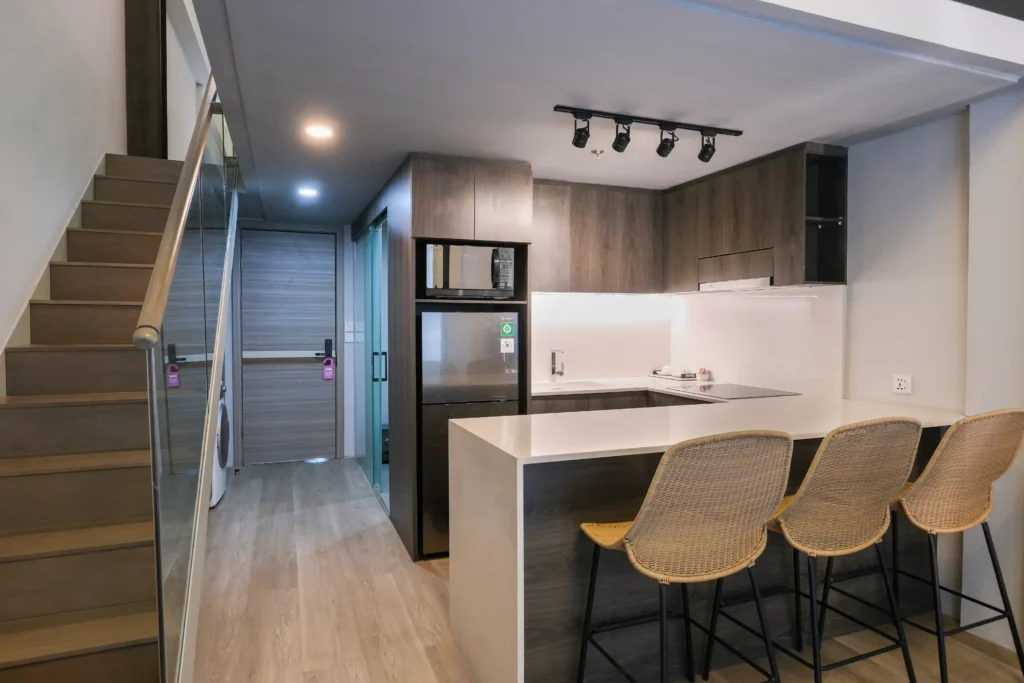
Buying property in Bali is a dream for many investors and expats alike. However, before committing to a purchase, it’s essential to understand the two primary ownership structures in Indonesia: freehold vs leasehold Bali property. Each comes with its own legal implications, benefits, and risks. Knowing the differences can help you make the right decision based on your long-term goals and residency status.
In this article, we’ll explore the key distinctions between freehold and leasehold property in Bali, helping you navigate Indonesia’s unique land ownership laws with confidence.
What Is Freehold Property in Bali?
Freehold, or Hak Milik, is the highest and most complete form of land ownership in Indonesia. It allows the holder full rights to sell, lease, transfer, or use the land indefinitely.
However, only Indonesian citizens can legally own freehold property. For foreign investors, this presents a challenge.
Key Features of Freehold:
- Ownership is indefinite (no time limit)
- Can be inherited, transferred, or mortgaged
- Cannot be legally owned by foreigners under individual names
- Some foreigners structure ownership through a nominee or company (risky and legally grey)
What Is Leasehold Property in Bali?
Leasehold, or Hak Sewa, refers to a long-term rental agreement. It grants the right to use and occupy land or buildings for a fixed period, typically 25–30 years, with options to extend.
This is the most common legal option for foreigners looking to purchase property in Bali.
Key Features of Leasehold:
- Ownership is time-limited (commonly 25–30 years)
- Can often be extended to 50–80 years with pre-agreement
- Legally recognized for foreigners
- Less expensive upfront compared to freehold
- Property returns to landowner after the lease ends if not extended

Freehold vs Leasehold Bali Property: Key Differences
To help clarify the comparison, here are the primary differences between freehold vs leasehold Bali property:
| Feature | Freehold | Leasehold |
|---|---|---|
| Ownership Duration | Unlimited (permanent) | Fixed term (25–30 years, extendable) |
| Legal for Foreigners | No (except via complex structures) | Yes (fully legal) |
| Upfront Cost | Higher | Generally lower |
| Resale Value | Higher (perceived long-term value) | Lower resale potential over time |
| Risk Factor | High (for foreigners using nominee) | Low (contract-based and regulated) |
| Inheritance | Can be inherited | Typically not (unless clause is added) |
Which Option Is Better for Foreigners?
For most foreigners, leasehold is the safer and more practical option. It is legal, straightforward, and protects the rights of non-Indonesian citizens without needing complex nominee structures or legal workarounds.
However, freehold may appeal to those who:
- Are married to an Indonesian citizen
- Establish a local company (PT PMA) and meet requirements to hold property under Hak Guna Bangunan (Right to Build)
- Are seeking long-term or generational investment (via legal structuring)
Things to Watch Out For
Whether you choose freehold or leasehold Bali property, keep the following in mind:
- Always work with a trusted notary and legal advisor
- Ensure lease contracts are clear, notarized, and registered
- Verify the title status and land zoning
- Confirm extension rights in writing for leasehold agreements
- Be wary of unofficial agreements or handshake deals

Conclusion
Understanding the key differences between freehold vs leasehold Bali property is crucial for making an informed real estate investment in Bali. Leasehold provides legal security and affordability for foreigners, while freehold offers long-term ownership—though only to Indonesian citizens or under complex arrangements. Your choice depends on your goals, timeline, and legal comfort level. Always seek professional legal advice before signing any agreement.
FAQ
1. Can foreigners legally own freehold property in Bali?
No, only Indonesian citizens can hold freehold titles, unless specific legal structures are used.
2. How long can leasehold property be extended?
Most leases offer 25–30 years initially, with extension options up to 80 years total.
3. What happens when a leasehold agreement ends?
The property rights return to the landowner unless renewed through a new contract.
4. Can I sell my leasehold property before it ends?
Yes, you can transfer the remaining lease period to a new buyer.
5. Is leasehold property a good investment?
Yes, especially in tourist areas with strong rental demand and clear legal terms.
6. Is nominee ownership legal in Indonesia?
It’s widely used but not legally recognized and carries significant legal risks.
7. What’s the safest way for a foreigner to invest in Bali property?
Leasehold titles or forming a PT PMA (foreign-owned company) are the most secure.
8. Do leasehold properties decrease in value?
They may as the lease shortens, so extension clauses are important.
9. How can I verify a property’s title in Bali?
Use a licensed notary and check with the National Land Agency (BPN) for official title records.
If you are interested in finding out more information about property in Bali, you can visit our website at www.buypropertyinbali.com.au. You can also click on the WhatsApp link (+62)818998818 (Mr. Fajar) to connect directly with our team.
